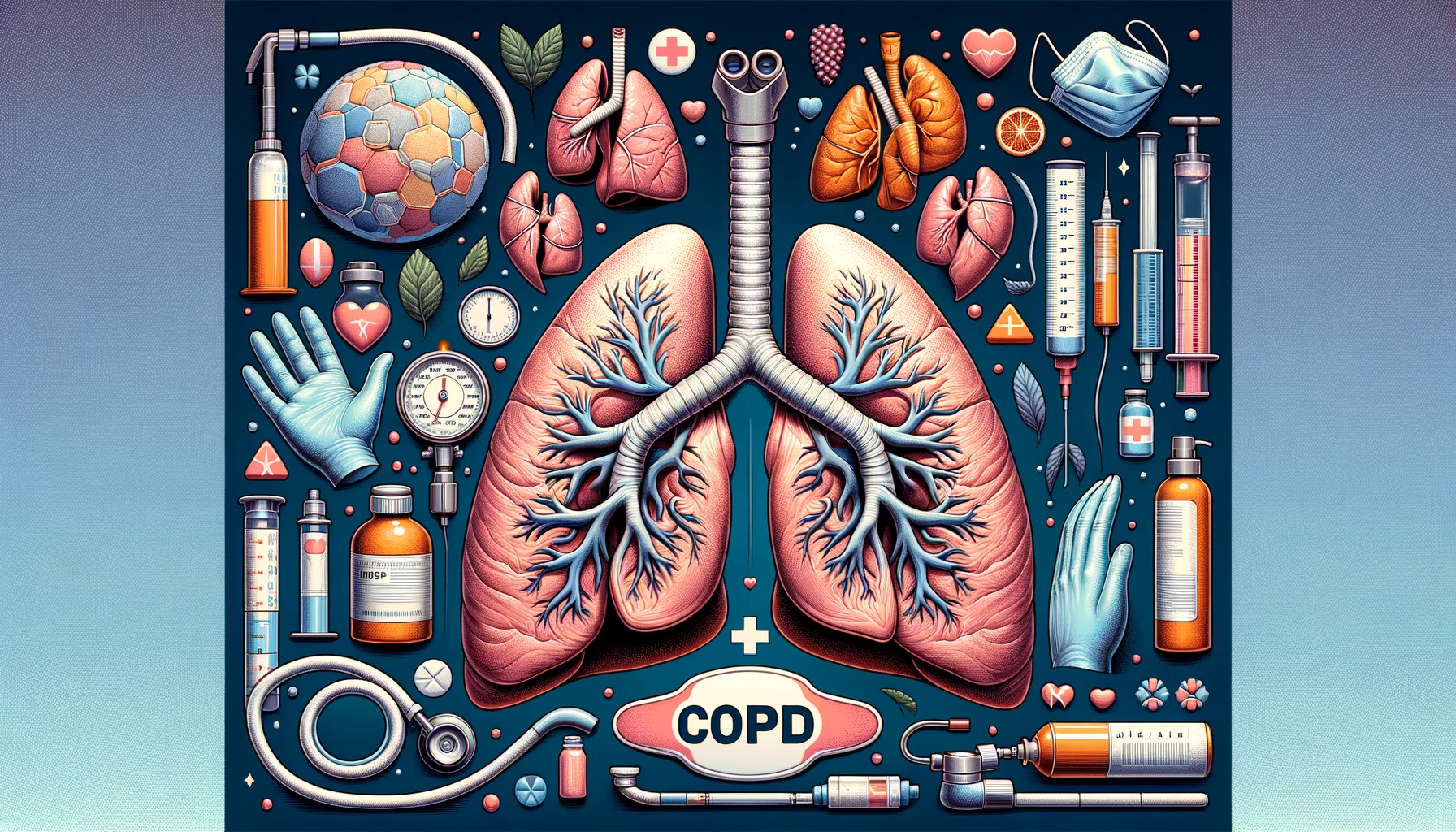Understanding which foods to avoid while taking Trulicity is crucial for effective diabetes management. Learn about dietary restrictions and better food choices.

Blog
Navigating Your Diet for Your Well-being: Foods to Avoid on Trulicity
Trulicity (dulaglutide) is a prescription medication used to **manage type 2 diabetes** by regulating blood sugar levels. However, **certain foods can interfere** with its effectiveness, leading to unwanted side effects or reduced benefits. By understanding which foods to avoid, you can maximize the positive impact of Trulicity while maintaining a well-balanced diet.
Trulicity works by mimicking incretin hormones, which help control insulin release and slow digestion. However, consuming the wrong types of food can **spike blood sugar levels**, cause **gastrointestinal discomfort**, or disrupt the way Trulicity interacts with your body.
Making the right food choices is critical for managing diabetes while on Trulicity. Here are some foods to **limit or completely avoid**:
Refined carbohydrates, such as **white bread, pasta, and pastries**, can cause rapid blood sugar spikes. Instead, opt for **whole grains** like quinoa, oats, and brown rice for better blood sugar control.
Sweets, **sodas, fruit juices, and desserts** contain excessive sugar that can make it harder for Trulicity to regulate glucose levels. **Artificially sweetened drinks** should also be consumed cautiously, as they can lead to insulin resistance over time.
Fried foods and **saturated fats** (found in red meat, butter, and full-fat dairy) can **slow digestion**, making Trulicity's effects less predictable. Stick to lean proteins like fish, chicken, and plant-based sources.
Alcohol, especially **beer, cocktails, and sugary liquors**, can cause **blood sugar fluctuations**. If you consume alcohol, do so **in moderation** and monitor your blood sugar levels closely.
While fruits are generally healthy, some—such as **pineapples, mangos, and watermelons**—have a **high glycemic index** and can raise blood sugar quickly. Instead, opt for **berries, apples, and pears**, which have a slower impact on glucose levels.
Excess sugar can lead to **weight gain, insulin resistance, and increased glucose levels**. A good rule of thumb is to **read food labels** carefully and look for hidden sugars in packaged goods such as condiments, sauces, and flavored yogurts.
One of the side effects of Trulicity is **gastrointestinal discomfort**, including nausea and bloating. Avoiding **processed foods, artificial sweeteners, and carbonated drinks** can help maintain a **healthy gut microbiome**, improving overall digestion and medication absorption.
While **avoiding certain foods** is important, meal portioning and timing play an equally vital role. Instead of **three large meals**, opt for **smaller, frequent meals** throughout the day to prevent blood sugar spikes and promote stable digestion.
Instead of focusing only on restrictions, here are **healthy foods that complement Trulicity's effects:**
Foods high in **fiber**, such as legumes, whole grains, and **leafy greens**, can **stabilize blood sugar levels** and improve digestion.
**Chicken, fish, tofu, and eggs** provide essential proteins without the unhealthy fats that can interfere with Trulicity.
**Avocados, nuts, and olive oil** contain unsaturated fats that promote **heart health** and stabilize blood sugar.
Managing diabetes with the right diet also has **beauty benefits**. Nutrient-rich foods can enhance skin health. Learn more about **strawberry benefits for skin** here.
Yes, **nausea, bloating, and stomach pain** are common side effects. Eating small meals and avoiding fatty foods can help minimize discomfort.
Some individuals experience **lactose intolerance** while on Trulicity. If dairy causes digestive discomfort, try plant-based alternatives.
Yes, it’s important to discuss any other medications with your doctor to avoid interactions. If you have **eye conditions like cataracts**, check this cataract guide for additional insights.
Trulicity begins affecting blood sugar within **a few days**, but the full effect may take **2-4 weeks**.
Following a **healthy, Trulicity-friendly diet** ensures maximum benefits while minimizing side effects. By avoiding **processed foods, excess sugar, and alcohol**, and focusing on **balanced, whole foods**, you can effectively manage diabetes and support your overall health.
HealthOK Global provides expert insights into disease prevention and diagnostic advancements. Call our 24x7 healthcare helpline at +91-8047190955.
Trulicity works by mimicking incretin hormones, which help control insulin release and slow digestion. However, consuming the wrong types of food can **spike blood sugar levels**, cause **gastrointestinal discomfort**, or disrupt the way Trulicity interacts with your body.
Yes, **nausea, bloating, and stomach pain** are common side effects. Eating small meals and avoiding fatty foods can help minimize discomfort.
Some individuals experience **lactose intolerance** while on Trulicity. If dairy causes digestive discomfort, try plant-based alternatives.
Yes, it’s important to discuss any other medications with your doctor to avoid interactions. If you have **eye conditions like cataracts**, check this cataract guide for additional insights.
Trulicity begins affecting blood sugar within **a few days**, but the full effect may take **2-4 weeks**.
Need Personalized Health Guidance?
Get expert advice tailored to your specific health needs from our qualified healthcare professionals.





